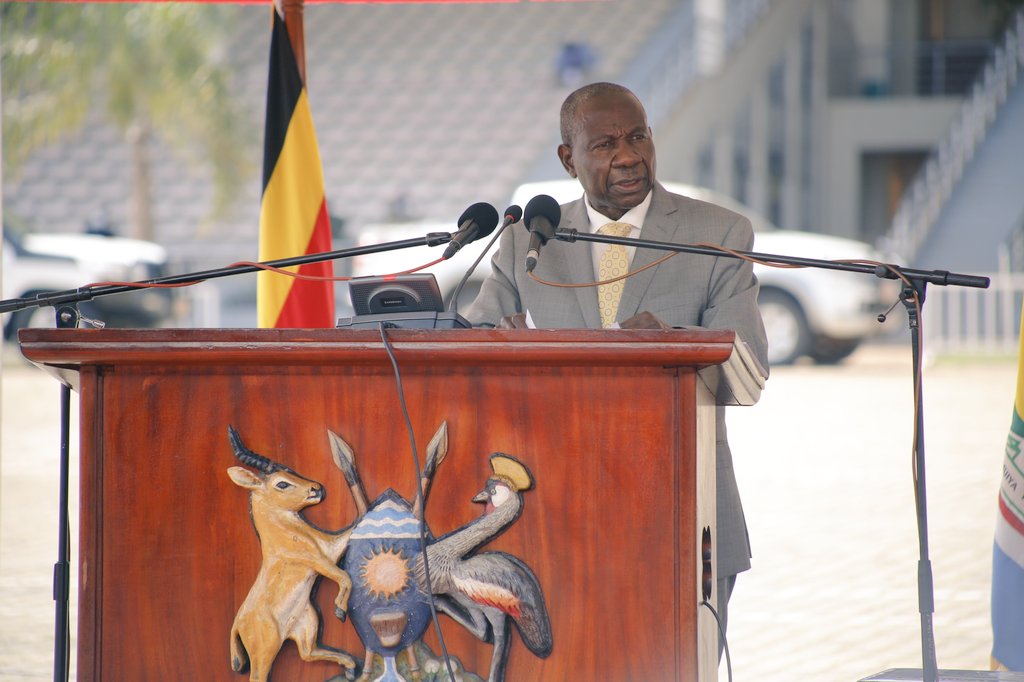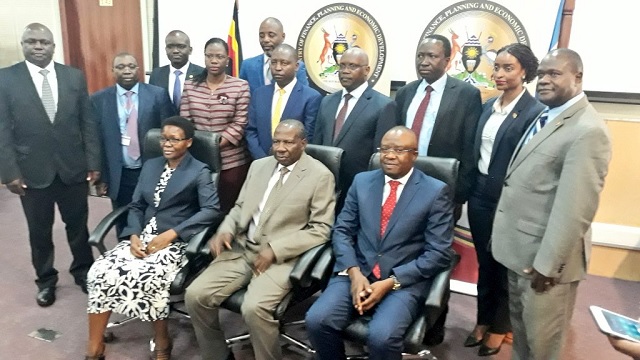Nine out of 10 random Ugandans interviewed ahead of today’s Budget Speech have said they only care about how to survive while another eight out of 10 people told this publication that they only need hope to live.
Will today’s Budget Speech deliver on the aforementioned concerns or confirm the fears of the critics who believe that this calendar event is simply a useless “ritual”?
Although the budget affair is concluded by Parliament before the Budget Speech is read, it does not mean the consumers should be left helpless and hopeless.
“Consumers expect to hear of policy measures aimed at taming the runaway inflation and, generally addressing the cost of living crisis that continues to bedevil consumer welfare each passing day,” Mr Shaban Sserunkuma, an activist, said when contacted yesterday.
“We would have expected to see robust fiscal policy measures as transient interventions targeted at specific goods and services to address market distortions that have been the consequence of the prevailing crisis. But planners in government have dismissed any suggestion related to tax cuts, never mind that a number of countries have walked down that path,” he added.
With the Covid-19 pandemic’s two-year toll on the economy and livelihoods, budget and policy experts say it is difficult not worry for short, medium and long term future, particularly if the national budget does little or nothing to address the cause of the prevailing economic hardship.
“I expect the budget speech to be about strategy that will deal with effects of Covid-19 that are still hindering the economy from performing to its peak. I also expect the budget speech to address the global surge of prices, which coupled with the effects of the pandemic, makes our economy look gloomy even in the medium term,” the executive director of Centre for Budget and Tax Policy,” Mr Patrick Kiconco Katabaazi, said yesterday.
He added: “The budget speech should clearly provide alternative to products that are causing the imported inflation and what quality assurances are in place so far. Importantly, we need to see investment injected in import substitution strategy and support rendered towards those investing in the in the alternatives.”
A senior research fellow at the Economic Policy Research Centre, Dr Madina Guloba, said overtime, the budget reading has lost meaning because it no longer resonates with the population as it used to be many years ago.
However, other analysts say today’s speech provides an opportunity for the government to address matters that deal with this point.
“The issue of Covid-19 pandemic is still very much in the fixture. Rising prices of commodities is still in our midst. And these are things directly affects the pockets, and how I wish it is clearly addressed in the budget speech, especially by way of laying out plans to deal with them both in the short, medium and long run,” Dr Guloba said.
She added: “The budget could focus a lot on infrastructure which is ok, but at this point, it is not the discussion people pay attention to. People need to know how they will survive for another day.
“So I will prefer a budget speech that gives hope and optimism. People seem to have lost hope in the budget and the Budget Speech, which does not lend itself to the frugality, should be priority at this point. For example, why officials at any level or arm of government be buying heavy fuel guzzler vehicles now? These are some of the things that render budget speech redundant.”
The executive director of Civil Society Budget Advocacy Group, Mr Julius Mukunda, said the Budget Speech should demonstrate how the government intends to stop leakages in public expenditure system.
This, he said, is manifested through poor management of resources, delayed projects, lack of commitments to absorb funds that have been cleared for service delivery, and corruption.
“If these are not addressed, we will continue to lament instead of moving forward because it will be very difficult to have things done within the specified time and allocated budget,” Mr Mukunda said.
According to the executive director of Federation Small and Medium sized Enterprise, Mr John Walugembe, the speech should concentrate on reducing inflation, which has since surpassed the 5 percent cap.
#summary Resource Envelope FY 2022/23:

Shs.48,130.7 billion

Domestic revenue: Shs.30,797.3 bn with Shs.23,754.9 bn as tax revenue & Shs.1,795.9 bn as non tax revenue.

Domestic borrowing is Shs.5,007.9bn

Budget support is Shs.2,609.2bn



